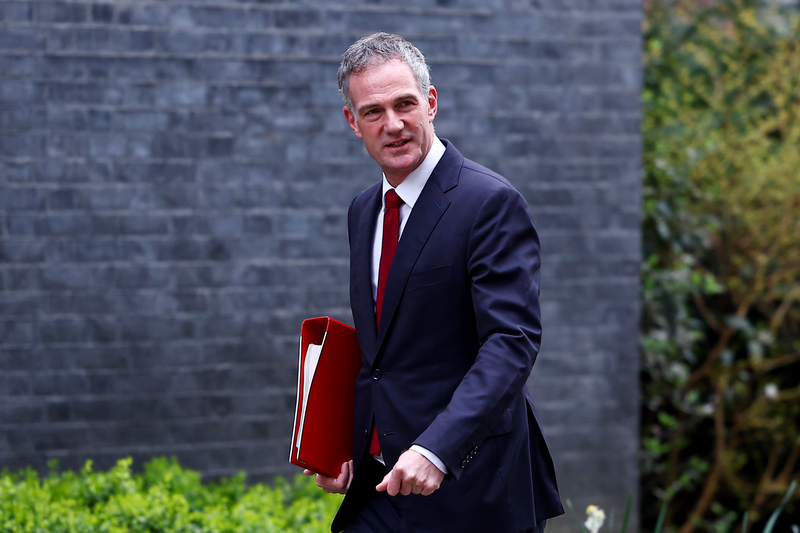Plans by the UK FCA to to auto-delete all emails from staff inboxes within 12 months of them being received have raised eyebrows at a time when the regulator is facing growing criticism of the way it operates.
The new arrangement will come into force from April this year, the Financial Times has reported, meaning that all emails received since April 2024 which are deemed ‘unnecessary’ will be deleted. Any emails received before that will not be affected and will remain in staff inboxes.
And if a staff member believes that a certain email is important enough to be kept, they will have to save it to the regulator’s data repository, the FT report says.
But the plan has sparked criticism from staff as well as campaigners around accountability, who believe the move will make it harder hold the regulator accountable and investigate its conduct in the future.
“This is a surprising move from the FCA, especially in light of the strong requirements they place on regulated firms to retain information including communications,” Rob Mason, director of regulatory intelligence at Global Relay told GRIP.
The FCA is already under severe pressure, especially from the government and the parliament, for what has been called a lack of transparency in its internal affairs. In November last year, a group of British parliamentarians and peers questioned the integrity of the FCA in a report that called the regulator “dishonest and incompetent.”
And last month, an internal review found that the regulator had failed to follow the rules in its handling of requests for information made under the Freedom of Information Act.
Pros and cons
In a statement, the regulator has said the plans were aimed at deleting unnecessary emails and retrieving information more efficiently.
“Any emails that should be retained to comply with regulatory and legal requirements, including the Freedom of Information Act, will be saved,” according to the statement.
It also posted a notice on its intranet page saying the new arrangement “reduces the legal and reputational risk we face.” The FCA has said it will provide training to staff on deciding what emails are important to keep, and what can be deleted.
But an employee has told the FT “concerns had been raised internally about how the change would affect responses to Freedom of Information Act requests and potential future investigations of the FCA’s conduct.”
Campaigners also argue that the very idea of asking staff to make the call on which emails should be kept and what can be deleted is problematic.
Andy Agathangelou, head of campaign group Transparency Task Force, was quoted by the FT saying: “If it transpires that the FCA is attempting to delete emails over 12 months old, then those who believe the FCA to be dishonest will wonder if their motivation for doing so is to cover up dishonesty.”
According to Rob Mason, “Decisions like this need to be evidence based, and this feels out of character for an organisation which is required to focus on the detail, in every element of their oversight.”
It’s the not first time the regulator has come under fire for its handling of internal emails. Last year, chair Ashley Alder was accused of breaching confidentiality rules by internally sharing emails from whistleblowers. He was subsequently cleared of any wrongdoing.
















